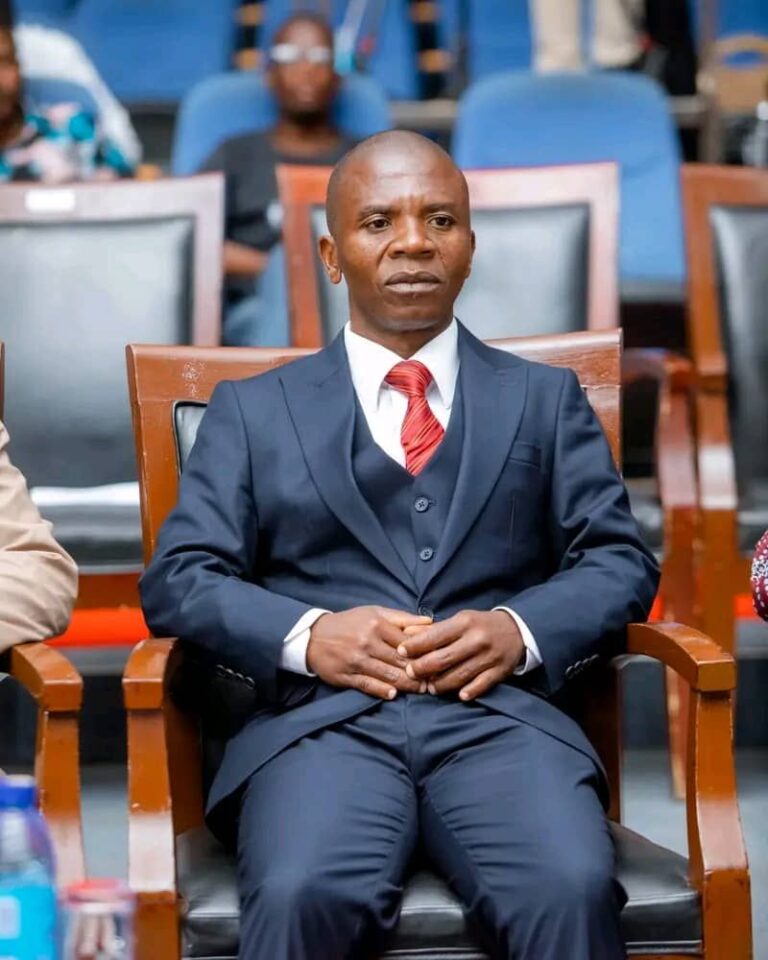By Burnett Munthali
Millward Tobias has entered the 2025 presidential race as an independent candidate, adding a bold and thought-provoking dimension to Malawi’s political landscape.
He is widely known as a policy analyst, researcher, and governance advocate who has spent years offering insight into the country’s political and economic systems.
Tobias formerly served as the Executive Director of the Centre for Research and Consultancy (CRC), where he became a respected voice on issues of transparency, fiscal discipline, and evidence-based policymaking.

With academic grounding in governance and public administration, he brings to the race an intellectually grounded approach rooted in reformist ideals.
Unlike candidates backed by large political parties, Tobias’s independent bid underscores his commitment to putting the Malawian citizen at the center of national leadership.
He has consistently criticized political patronage, resource mismanagement, and partisan governance, arguing that these problems have undermined national development.
His decision to contest as an independent is seen as a rejection of the entrenched political culture dominated by party politics and recycled leadership.
In various policy commentaries, Tobias has called for a meritocratic public service, comprehensive electoral reforms, and prudent fiscal policies to restore public trust in government institutions.
He also advocates for youth empowerment, education reform, and a responsive health care system that serves all Malawians regardless of social class.
Critics may argue that independent candidates face enormous structural and financial barriers in Malawi’s winner-takes-all political environment, but Tobias appears undeterred.
He has already built a modest but growing base of support among urban youth, civil society actors, and disillusioned voters seeking a non-traditional option.
His candidacy is expected to inject issue-based dialogue into the 2025 campaign season, pushing other candidates to articulate more concrete plans beyond slogans and rhetoric.
Millward Tobias represents a class of emerging leaders who are not only knowledgeable about Malawi’s systemic challenges but are also willing to challenge the status quo from outside the political elite.
As the election nears, it remains to be seen how far his message will resonate with voters and whether the appetite for clean, independent leadership will translate into votes.
Nonetheless, his bold entry into the race is a reminder that democracy thrives when diverse voices and new alternatives are given space to compete.
In this high-stakes election, Millward Tobias’s presence is more than symbolic—it is a call to rethink leadership in Malawi from the ground up.










